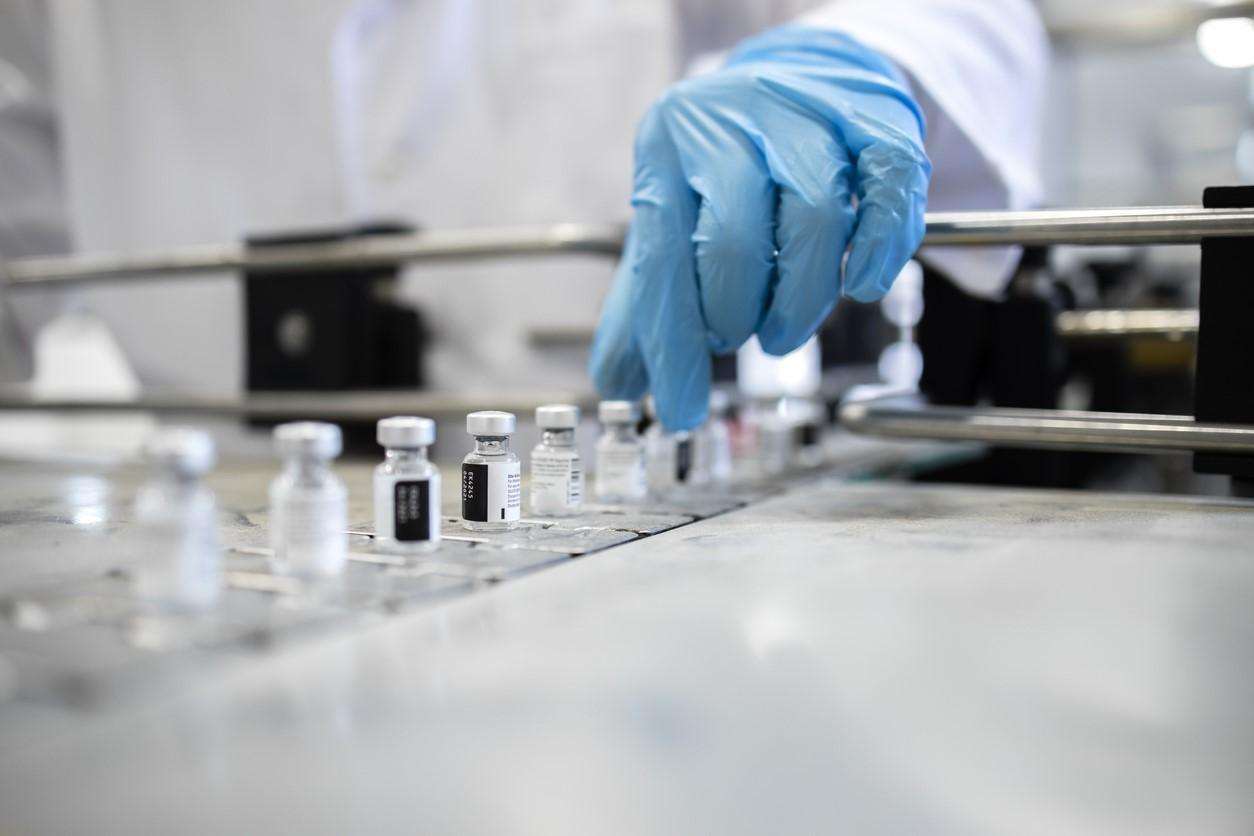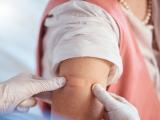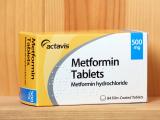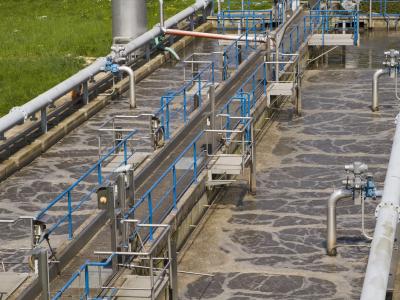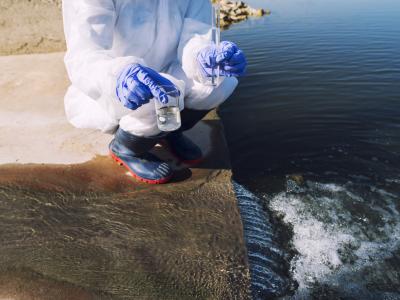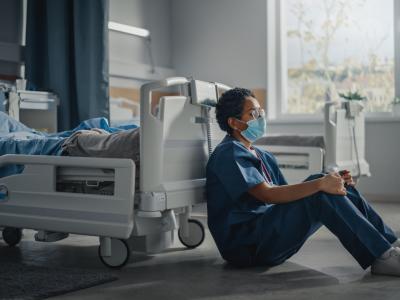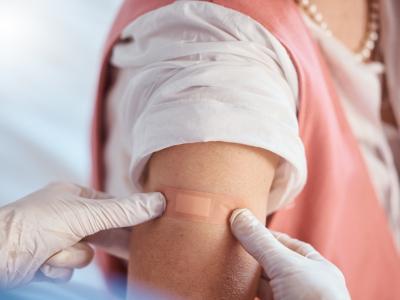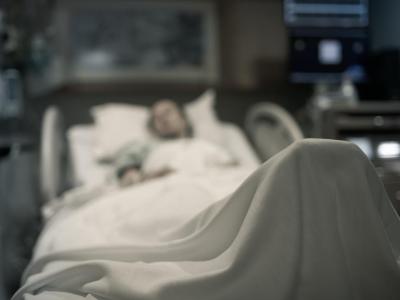The US Department of Health and Human Services' (HHS's) COVID-19 vaccination campaign saved $732 billion by averting illness and related costs during the Delta and Omicron variant waves, with a return of nearly $90 for every dollar spent, estimates a study by HHS and the research firm Fors Marsh.
The study was published yesterday in the American Journal of Preventive Medicine.
In April 2021, HHS launched its "We Can Do This" public education campaign to boost US COVID-19 vaccine uptake, especially among high-risk populations and those reluctant to receive the vaccine. The push, one of the largest of its kind in US history, aimed to reach 90% of adults at least once per quarter, with more than 7,000 television, digital, print, and radio ads in 14 languages.
The study authors used weekly media market data, information from the Centers for Disease Control and Prevention (CDC), and survey data on the drive's effects on vaccination from launch up to March 2022.
Nearly 52,000 American lives saved
The researchers estimated that the campaign encouraged 22.3 million Americans to complete their primary COVID-19 vaccine series, preventing nearly 2.6 million infections, including nearly 244,000 hospitalizations.
Findings underscore the utility of public health education campaigns in promoting behavior change and in corresponding health and fiscal benefits.
"Preventing these outcomes resulted in societal benefits to the U.S. of $740.2 billion, accounting for such factors as medical expenses, wages, and other costs that people and institutions would have incurred in the absence of the Campaign," the authors wrote. "In comparison, the Campaign cost $377 million, with an additional $7.9 billion spent to vaccinate 22.3 million people in that time period," for an estimated return on investment of $89.54 on every dollar spent.
"Findings underscore the utility of public health education campaigns in promoting behavior change and in corresponding health and fiscal benefits," the researchers wrote. "Furthermore, findings may guide the implementation of public health education campaigns to combat future public health crises."
In an HHS press release, May Malik, MA, HHS senior advisor for public education campaigns, said, "This research confirms the benefits of public health campaigns as part of a multi-layered response to a public health crisis and to the effort to provide accurate information to the American public."
